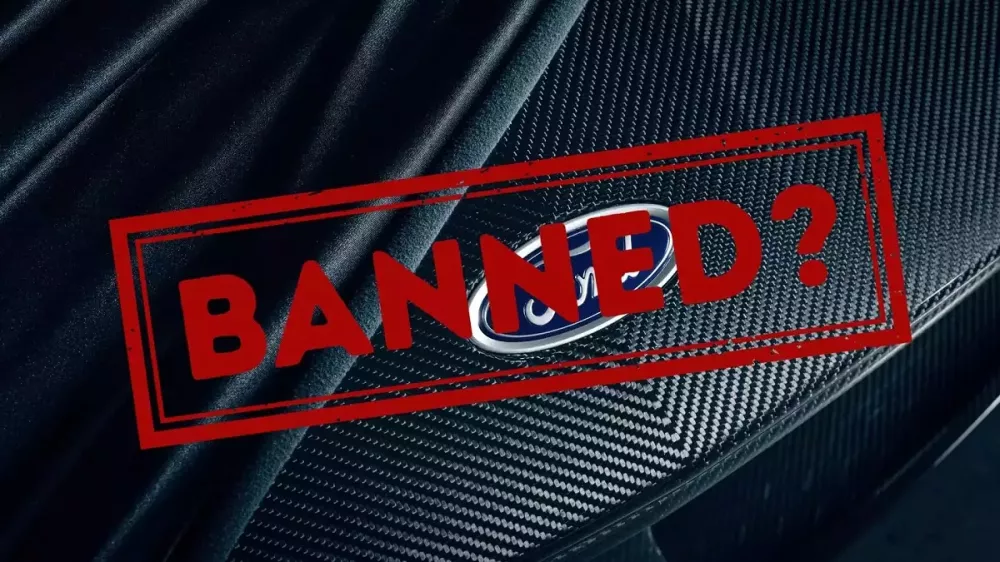Substances such as lead, mercury, cadmium, and hexavalent chromium have long been classified as hazardous by the European Union (EU). However, their use has been permitted in the automotive industry due to exemptions not applicable to other consumer products. Now, another material is at risk of being completely banned in European cars: carbon fiber.
According to a recent report, the European Parliament, the legislative body of the EU, has finalized a draft amendment to the End-of-Life Vehicles (ELV) Directive, which regulates the dismantling and recycling of vehicles with a focus on environmental friendliness. In a world first, carbon fiber has been classified as a harmful substance.

Carbon fiber may be banned from automobiles, adding a new concern for manufacturers.
Carbon fiber is widely used in the aerospace, wind turbine, and automotive industries, as well as in a small portion of motorcycles, due to its superior strength-to-weight ratio compared to steel and lighter weight than aluminum. Despite its complex production process, which makes it more expensive than these other materials, carbon fiber offers benefits that far outweigh the costs, especially in high-performance or electric vehicle lines.
According to Roots Analysis, an American research firm, the global carbon fiber market is estimated to be worth $5.48 billion in 2024 and is projected to grow at an average rate of 11% per year, reaching $17.08 billion by 2035. The automotive sector alone accounts for 10-20% of carbon fiber consumption, and this number is expected to rise as manufacturers seek to reduce the weight of electric vehicles, which are typically heavier due to their large battery packs.
The use of carbon fiber is an ideal solution for premium car brands, where cost is less of a concern than performance and range, both of which are significantly impacted by vehicle weight.
Why Does the EU Want to Ban Carbon Fiber?
The reason behind the EU’s push to prohibit the use of carbon fiber in automobiles is waste management. When carbon fiber, which is typically combined with epoxy resin, is discarded, tiny fibers can be released into the air. This not only poses a risk of short-circuiting machinery but also causes irritation if it comes into contact with human skin or mucous membranes.
According to Nikkei Asia, the three Japanese companies Toray Industries, Teijin, and Mitsubishi Chemical, which currently hold 54% of the global carbon fiber market share, will be the most affected if the ban is implemented. For Toray, the automotive sector is the third largest after aerospace and wind energy. Half of Toray’s automotive revenue currently comes from the European market.
It’s not just electric vehicles that utilize carbon fiber; many cars with internal combustion engines or hybrid systems also incorporate this material. McLaren, for instance, manufactures entire vehicle frames using carbon fiber.
However, if the ban is enacted, it won’t take effect until 2029, giving automotive manufacturers four years to find alternative solutions. The immediate concern for carmakers, however, is the 25% tariff on imported vehicles imposed by the Trump administration in the United States.












































